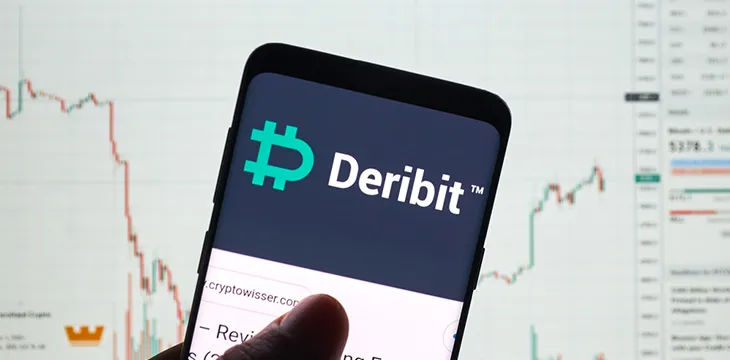|
Getting your Trinity Audio player ready...
|
Another day, another digital currency exchange hack. It seems that only a week or two can go by before another security breach occurs, demonstrating just how unsafe the ‘future of finance’ really is.
This morning, Deribit exchange reported that its hot wallet had been compromised and $28 million worth of tokens had been stolen. It clarified that customer funds were safe and company reserves would cover any losses.
Deribit hot wallet compromised, but client funds are safe and loss is covered by company reserves
Our hot wallet was hacked for USD 28m earlier this evening just before midnight UTC on 1 November 2022.
— Deribit (@DeribitExchange) November 2, 2022
Thankfully, this time, innocent speculators won’t have to hold the bag for the ineptitude and incompetence of the security teams running centralized exchanges. That’s not always the case, though.
Deribit exchange linked to Three Arrows Capital and Su Zhu
For those who don’t know, Deribit is a digital currency exchange and derivatives trading platform linked to bankrupt hedge fund Three arrows Capital (3AC) and its co-founder, Su Zhu.
Recently, CoinGeek reported that because Su Zhu and Kyle Davies had ceased cooperating with investigations into the 3AC debacle, efforts had been made to legally serve them with subpoenas via Twitter (NASDAQ: TWTR).
Zhu and Davies oversaw what some have called an outright Ponzi scheme. After borrowing billions in bad faith to prop up the house of cards they had built from trading digital currencies on leverage, the pair vanished and ceased cooperating with authorities tasked with investigating what happened.
Centralized exchanges don’t need to exist
After so many stories about hacks, breaches, thefts, and heists, one might wonder whether there’s a better solution than centralized exchanges such as Deribit and Binance.
The answer is yes, there is a better solution. On-chain, secure swaps of digital tokens were always possible on the original Bitcoin protocol released by Satoshi Nakamoto in 2009. In fact, they live today on Bitcoin SV with minuscule fees and unlimited scaling.
Centralized exchanges are a solution to a self-created problem: that being that technical decisions were made by protocol developers that made BTC unscalable and therefore useless for anything other than token speculation. This decision was deliberate, and it neutered viable micropayments, leading to the proliferation of alternative broken blockchains like Ethereum and fee-generating centralized exchanges.
Thankfully, the original Bitcoin is back, and trading tokens from secure wallets on protocols that interact directly with the BSV blockchain is once again possible. There’s no need to entrust funds to shady characters running exchanges they control. There never was.
While Deribit users have escaped unscathed this time, they might not be so lucky next time. The sooner we move to on-chain applications and away from centralized ‘solutions,’ the better. The future is on-chain.
Watch: The BSV Global Blockchain Convention panel, Cybersecurity: A Safer World with Blockchain

 07-12-2025
07-12-2025 





